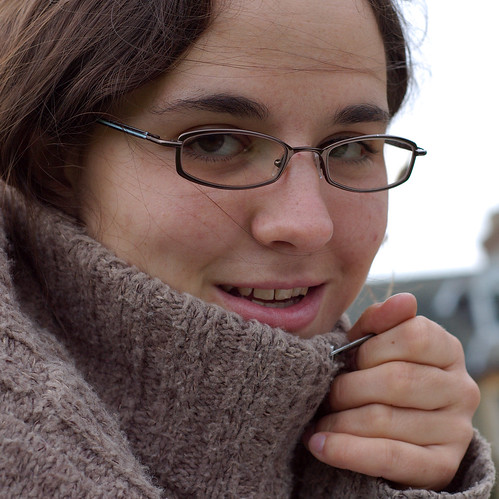'O, be some other name!
What's in a name? That which we call a rose
By any other name would smell as sweet!'
Shakespeare, Romeo and Juliet, 2.2 (~1595)
'Who knows a man's name, holds that man's life in his keeping.'
Ursula Le Guin, A Wizard of Earthsea (1968)
'There are many forms of love and affection, some people can spend their whole lives together without knowing each other's names. Naming is a difficult and time-consuming process; it concerns essences, and it means power. But on wild nights who can call you home? Only the one who knows your name.'
Jeanette Winterson, Oranges Are Not The Only Fruit (1984)

I'm sort of struggling to write this. As a post, it's been burning up my brain for a week or more. Self-knowledge and honesty are such important concepts to me (even if I'm not necessarily that good at them) and these three quotations about naming cut straight to the heart of it. That's kind of the trouble, what is there left for me to say? They aren't explicit, perhaps, but they are so brilliantly put - I don't want to write in my standard clinical argumentative essay style. I probably will anyway. Stop and read the quotations again?
Each of the three authors has a clear understanding of what a name is and isn't. Shakespeare, via the innocent Juliet, points out to us what ought to be obvious but so often isn't or wasn't - that there is more to a person than what label they happen to be wearing. In Le Guin's Earthsea universe, the secret names of the characters give those who know them power over the one who is known. This author doesn't invite us to plumb the symbolism as such, these are children's stories. The tone of them though is so philosophical that it's hard to resist. Her thought resonates very strongly, when you look at it, with that which Winterson expresses a decade and a half later - of the word 'name' being a cipher for something approaching 'the true understanding of the individual'. Through them all, the progression runs, 'if a name is not the essence of the thing in itself, then what is? Where is concept which defines us, the thing that we understand when think of the name we use to describe it? That is what we really understand when we think of somebody's name, and the better we know that person, the closer to their true 'name' we get.'
It's very exposing to feel that someone knows you completely, right down to the core - which feeds back into the Le Guin concept. If someone knows your 'name', that defining combination of emotions and thoughts and history that is you, where all your levers are and what to push when, then they have great power over you, 'your life in their keeping' as she says. Brought out of the magic and into real life, Winterson's thesis is to seek for someone who knows her that completely, in order that they might restore her to herself when she is lost - a person who has the time and energy and ability to find out that kernel of the self and can be trusted with the delicate centre of identity, so that there can be someone else to guard it.
Back in Le Guin's fantasy, there is a point when the central character is suffering great guilt, and in his moment of self doubt another boy tells him his true name and hence cedes the first boy power over him:
'Thus to Ged who had lost faith in himself, Vetch had given that gift which only a friend can
give, the proof of unshaken, unshakable trust.'
A willingness to be known is a gift to give as well as an invitation to give back. It is love, to know and understand one another that deeply, to accept the huge trust, the power and the responsibility, and to reply in kind to show that you recognise it for what it is. That's the point.







No comments:
Post a Comment